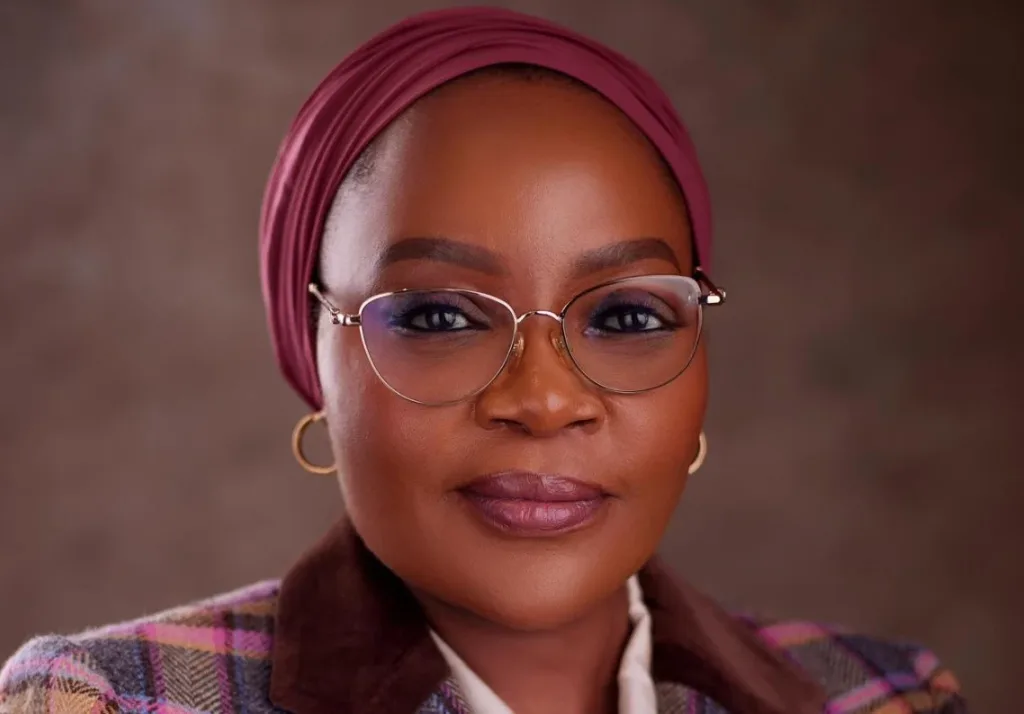The Universal Basic Education Commission (UBEC) and the Nigeria Governors’ Forum (NGF) have joined forces to address Nigeria’s worsening learning crisis.
At a high-level policy dialogue held in Abuja, top education officials from across the country, including state commissioners for education and heads of State Universal Basic Education Boards (SUBEBs) emphasised the need for urgent solutions to the country’s education challenges.
At the event, UBEC executive secretary, Aisha Garba, said Nigeria is experiencing an education crisis of great magnitude. According to her, millions of children are still out of school, and many of those enrolled are not acquiring the foundational literacy and numeracy skills needed for lifelong success.
“These gaps are not just academic—they represent lost opportunities, widened inequality, and a threat to national development. The time has come to change this narrative.”
The meeting focused on practical and proven strategies to improve learning outcomes, especially in Northern Nigeria where the crisis is most severe.
One of the key initiatives discussed was the HOPE-EDU programme, a $552 million project supported by the federal government, the World Bank, and the Global Partnership for Education.
Garba described the programme as a bold, strategic, and multisectoral intervention aimed at supporting states to strengthen basic education and reduce the number of out-of-school children.
Also speaking at the event, the minister of state for Education, Prof. Suwaiba Said Ahmed, reaffirmed the federal government’s support for the programme.
Representing the minister of Education, she said President Bola Ahmed Tinubu is committed to education reforms through the Renewed Hope Agenda.
“Basic education is a top priority under this administration,” she said. “We are aligning our efforts to ensure that every Nigerian child has access to quality education.”
The event also featured roundtable sessions where state officials engaged directly with development partners such as the World Bank, European Union, and UNICEF. These sessions allowed participants to identify local challenges, share successful practices, and explore new partnerships for sustainable reform.
